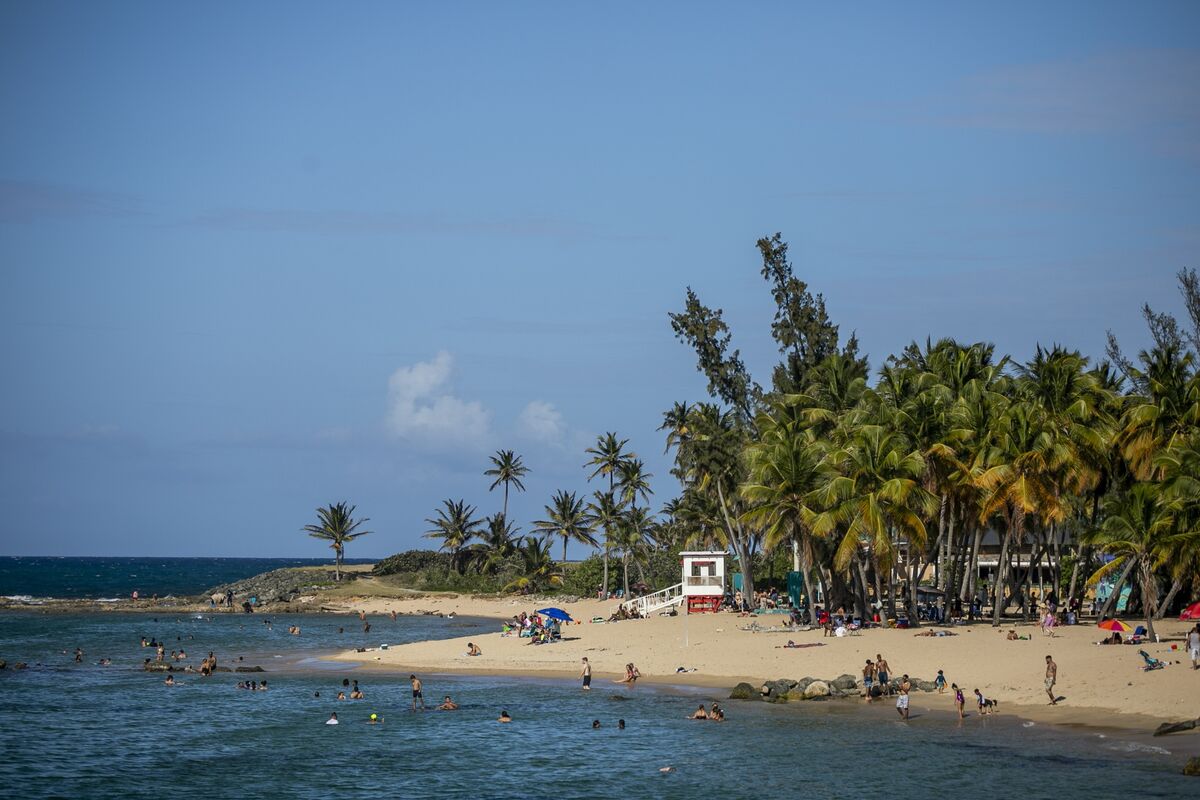Puerto Rico Tries to Woo Big Business Amid Widespread Challenges
Puerto Rico, a resilient island facing an array of challenges, is actively striving to attract large businesses as part of its broader economic recovery efforts. Despite grappling with economic uncertainties, natural disasters, and a complex fiscal landscape, Puerto Rico is leveraging its strategic advantages to woo big business players. This concerted effort is not only essential for the island's economic revitalization but also indicative of its determination to forge a path towards sustained growth and prosperity.
At the forefront of Puerto Rico's appeal to big businesses is a combination of unique incentives, strategic geographical positioning, and a skilled workforce. The island's status as a U.S. territory provides businesses with a bridge between the U.S. mainland and international markets, offering a favorable business environment and access to a skilled bilingual workforce. Puerto Rico's bilingual advantage is particularly attractive to businesses seeking to tap into diverse markets and enhance their global competitiveness.
To bolster its attractiveness, Puerto Rico has implemented a range of tax incentives aimed at enticing big business investments. The island's status as a tax haven for businesses has been a focal point, with tax breaks and incentives designed to attract companies in sectors such as manufacturing, technology, and finance. These incentives include tax credits, exemptions, and reduced corporate tax rates, creating a compelling proposition for businesses looking to optimize their financial structures.
Moreover, Puerto Rico's geographical location is a strategic asset, positioned at the crossroads of the Americas. This prime location serves as a logistical hub for companies looking to establish a strong presence in both North and South American markets. The island's infrastructure, including modern ports and airports, facilitates seamless connectivity and efficient supply chain management, further enhancing its appeal to businesses with regional and international aspirations.
In the aftermath of natural disasters, such as Hurricane Maria, Puerto Rico has demonstrated resilience in rebuilding and reinforcing its infrastructure. The island's commitment to resilience and sustainability aligns with the priorities of many businesses seeking to adopt environmentally conscious practices. This focus on sustainability not only positions Puerto Rico as a responsible investment destination but also aligns with global trends shaping corporate social responsibility and environmental stewardship.
Despite these enticing advantages, Puerto Rico faces considerable challenges that form part of the backdrop against which it seeks to attract big businesses. The island has been grappling with a prolonged economic downturn, exacerbated by a significant public debt burden and fiscal constraints. Efforts to address these economic challenges are critical for building a stable foundation that can support long-term business growth and prosperity.
Additionally, Puerto Rico's quest to attract big business is intricately linked with the broader issue of political status. The island's status as a U.S. territory has implications for its economic and political autonomy. Advocates for statehood, independence, and the current territorial status engage in ongoing debates about Puerto Rico's political future. The resolution of these political complexities has the potential to shape the island's economic landscape and influence its ability to attract sustained big business investments.
In navigating these challenges, Puerto Rico is also cognizant of the importance of fostering a skilled and adaptable workforce. Education and workforce development initiatives are integral components of the island's strategy to create a labor pool that meets the needs of diverse industries. By aligning educational programs with the skill demands of potential investors, Puerto Rico aims to position itself as a hub for innovation and knowledge-intensive industries.









